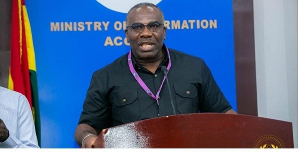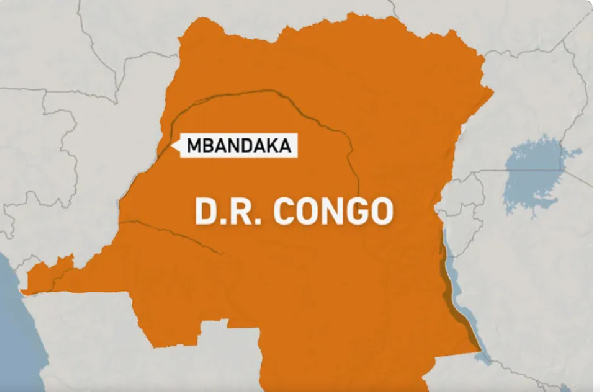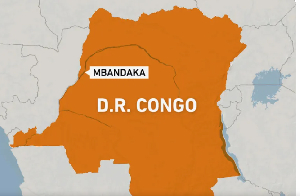As the global economic landscape continues to evolve, Ghana must make bold and strategic decisions about where it places its international priorities. While the United States has historically had strong ties with Africa, its approach, particularly under the Trump administration, focused less on development and more on strategic containment of China.
Ghana must look beyond the rhetoric and pursue partnerships that deliver measurable growth. And in this, China stands out.
Donor dependency over the years has created bottlenecks in our development efforts, hindering our chances at long-term self-sufficiency. In contrast, China has shown consistency in offering infrastructure and industrial partnerships that are less encumbered by bureaucracy and political conditions.
China’s Global Industrial Edge
China is now the world’s largest manufacturer, contributing over 28% of global industrial output. It is the leading electric vehicle producer, accounting for 60% of global EV sales in 2023, and it controls over 70% of the global solar panel supply chain. In telecommunications, Huawei alone had contracts to build 5G in over 60 countries by 2022.
The Belt and Road Initiative (BRI) has signed cooperation agreements with 149 countries, including nearly every country in Africa.
According to the China-Africa Research Initiative at Johns Hopkins University, China committed $155 billion in loans to African countries between 2000 and 2020, compared to less than $60 billion from the U.S. in the same period.
Ten Reasons Ghana Should Take China More Seriously
Infrastructure Execution: With Chinese funding and expertise, Ghana can fast-track much-needed roads, rail, and energy projects.
Chinese firms such as Sinohydro have already contributed to the construction of major roads under Ghana’s $2 billion Sinohydro deal, including the Tamale Interchange. On September 26, 2022, another road project constructed by a Chinese company was commissioned in Cape Coast, the capital of Ghana’s Central Region.
The project, which was part of the agreement between the Ghanaian government and Sinohydro Corporation Limited, has a length of 22 km. China has also funded portions of the Eastern Corridor Road. More partnerships of this kind could help close our infrastructure deficit.
Technology Access: Chinese innovations in AI, telecom, and fintech can help Ghana leapfrog into a modern economy. Huawei, for instance, operates in Ghana and has provided critical telecommunications infrastructure for mobile networks, while also investing in ICT training programs for Ghanaian students and professionals.
Healthcare Support: China’s pharmaceutical industry offers affordable, scalable solutions to Ghana’s health sector challenges. Ghana can emulate parts of Nigeria’s strategic healthcare collaboration with Chinese suppliers, especially in areas like traditional medicine integration, mobile clinics, and bulk medical procurement.
Skills Development: Education partnerships and training programs with China can close Ghana’s STEM and vocational gaps. Already, several Ghanaian students benefit from Chinese government scholarships. Expanding bilateral vocational training centers, like those proposed under the “Luban Workshop” initiative, could equip thousands of Ghanaian youth with relevant technical skills.
Manufacturing Potential: With Chinese industrial backing, Ghana can shift from raw material exports to value-added processing and industrial output. Potential sectors include:
Cocoa processing
Gold refining
Textiles and garments
Ceramics and glass manufacturing
Automotive assembly
Agricultural Innovation: Mechanized farming and agro-tech from China can revolutionize Ghana’s food systems. Pilots in irrigation, drone-assisted farming, and greenhouse technology could help boost productivity, reduce post-harvest losses, and improve food security.
Renewable Energy Growth: Joint solar and hydroelectric projects with China could stabilize Ghana’s erratic power supply while promoting a cleaner energy transition. The Bui Dam, built with Chinese support, is a prime example of successful collaboration.
Attracting FDI: Ghana can position itself as the go-to West African base for Chinese investors. Chinese companies like Sunda Group, StarTimes, and Sinotruk already operate in Ghana, contributing significantly to job creation, tax revenue, and technology transfer.
Cultural and Tourism Exchange: With a growing middle class in China, Ghana has an opportunity to promote cultural diplomacy and heritage tourism. The “Year of Return” campaign demonstrated Ghana’s global tourism potential. Now is the time to strategically target Chinese tourists and investors.
Strategic Diplomacy: A robust China policy gives Ghana geopolitical leverage in international forums. Balancing China alongside traditional Western allies gives Ghana more room to negotiate for its interests, whether in trade, health, education, or security.
The Trump Doctrine: America First, Africa Later
Under President Trump, U.S. foreign policy toward Africa saw notable shifts. The administration cut funding to agencies such as the WHO and the UN, which have traditionally supported Africa’s development agenda. While the Prosper Africa initiative was launched to increase trade, its slow implementation and limited scope left much to be desired.
USAID, a major development agency, began withdrawing or reducing its operations in several African nations. The U.S. International Development Finance Corporation (DFC) did pledge investments, but actual disbursements on the continent pale in comparison to China’s direct state-backed financing. In essence, the U.S. turned inward, leaving a gap China was quick to fill.
A Call to Action
To make this vision actionable, the Government of Ghana should:
Establish a Ghana-China Strategic Development Council to coordinate major bilateral projects.
Prioritize new MoUs in technology, health, and education.
Develop Special Economic Zones (SEZs) supported by Chinese capital and technical expertise.
Launch joint training centers and vocational institutes tailored to the industrial and ICT sectors.
Promote Ghanaian exports to China through targeted diplomatic and trade missions.
Conclusion: Choosing Partnerships That Deliver
Ghana’s development cannot hinge on sentimentality, Cold War residues, or historical allegiances. It must be grounded in pragmatism and national interest.
China has demonstrated a readiness to invest, build, and collaborate. From roads to robotics, from cocoa to clean energy, Ghana has much to gain from a more deliberate and focused engagement with China.
Our country is not in a position to wait for benevolence. We must seize opportunities that accelerate our transformation.
As global alliances shift and new powers emerge, Ghana must adopt a development-first diplomacy. This means aligning with partners, like China, that offer tangible, scalable, and strategic support.
It is time to act boldly, not just watch. Our future deserves nothing less.
 Dancehall musician Shatta Wale
Dancehall musician Shatta Wale



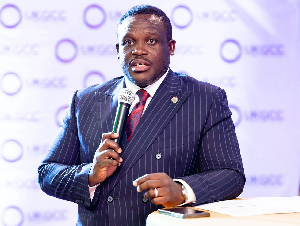








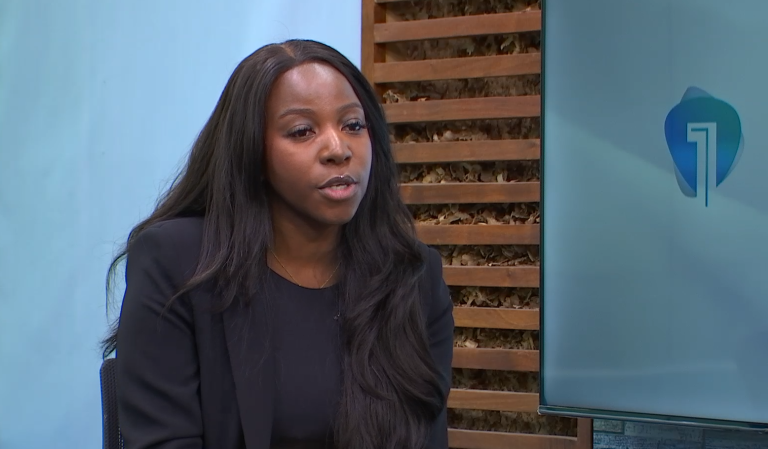



















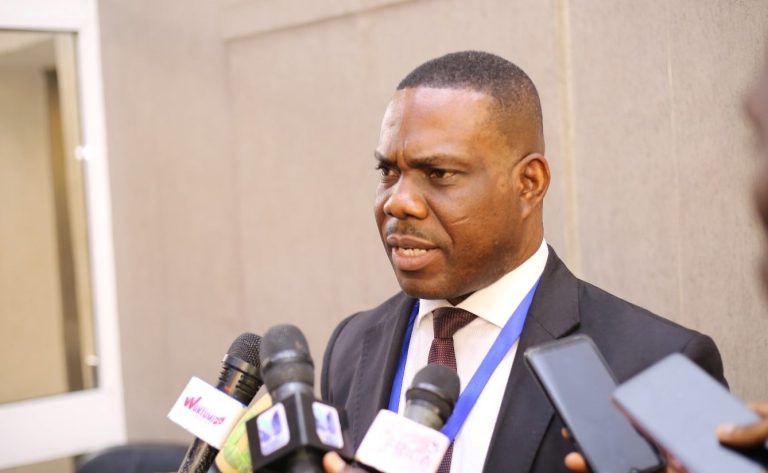












![Why I lost EC appointment under Akufo-Addo – Amoako Baah [Listen] Why I lost EC appointment under Akufo-Addo – Amoako Baah [Listen]](https://www.ghanamma.com/wp-content/uploads/2025/04/dfa2f09f11837c39853d1792c53874db.jpeg)





















